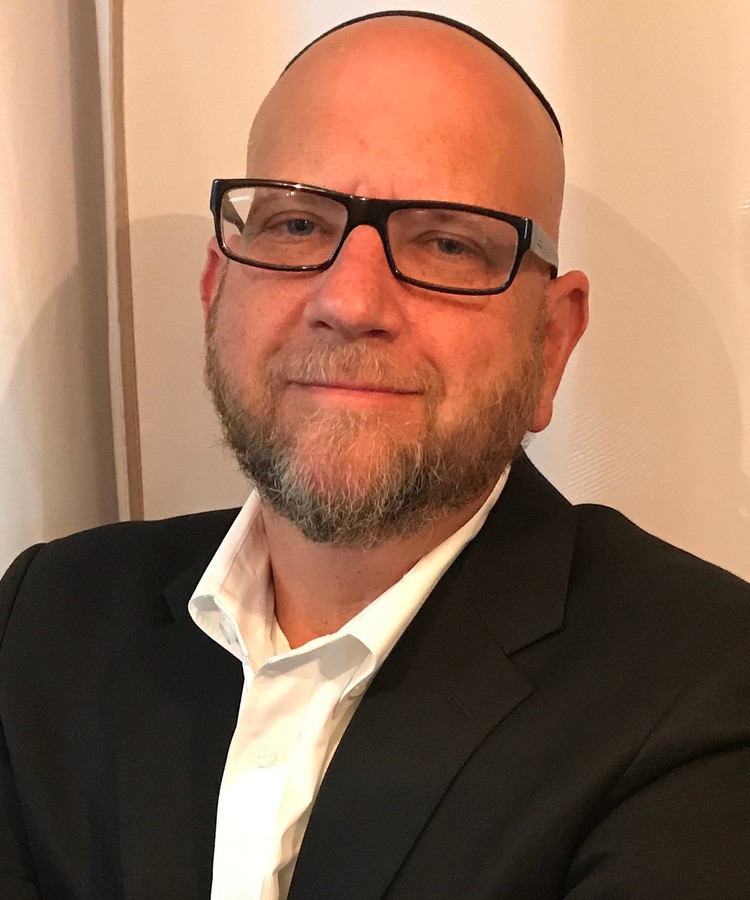The non-addict’s role in recovery
The mantra echoes from AA rooms and is chanted by halfway house residents: “If you’re not an addict, you can’t understand and you can’t help.”
With an astonishing addiction escalation and a boom of record-breaking overdosing, it’s time to think beyond the same old same old. Much of the drug rehabilitation industry is reliant on addicts helping addicts. And although we can all certainly offer up merits as to why it can be useful to have walked in another’s shoes in order to sympathize and help the other — it is simply not working very well.
The argument is that the addict has been there so he understands; he’s the expert. But in reality, the addict seeking recovery does not need a connoisseur on where he’s been — least of all a sober newbie at that — he needs skilled experienced tour guides on where he should be going.
Again, it’s nice to commiserate with some fellow prostate sufferers, but surely get a competent experienced urologist for the help you need, even if the doctor himself has a healthy PSA level.
The sobriety makeover that is needed is monumental. It encompasses not just the abstaining of a particular addictive vice, but demands a transformation of values. So kicking one’s habit is not the negation of the usage; it is the changing of the tracks to an entirely different devotion. True conclusion can only take place when a new dedication begins. And just as the addict’s allegiance was a full throttle commitment, so too must the new loyalty be devout.
The apprenticeship of such a loyal vocation must be at the feet of one with a seasoned, steady, secure hand at the helm. A recovering addict needs a captain and sailors who have figured out how to float and sail without sinking and drowning.
The commonplace ex-addict mentor may have the insight and war story with regard to using and stopping; but there are also those who have value, with their values, in assisting the addict to actually quit and begin a new life. They are non-addicts. And they have their story to share. It is a tale to be replicated and emulated. Their choices, lifestyle, principles, moral code and behavior are the secrets that must be fleshed out by the addict.
Nine out of ten times the call to a rehab or detox center comes from the addict’s non-addict loved one. It is the non-addict’s actions, determination and environment that will ultimately be the gateway to an addict’s recovery.
The more time a recovering addict can spend in the presence of non-addicts during recovery and while in rehab, the better chances of success for the transfer of values to be made and the sobriety transformation to stick. Addicts need to abandon their orthodoxy to their addict union of comradery and exclusivity. Perhaps step 13, or a preamble to 1, should be: “Non-addicts have value because of their values, let me learn from them and their choices.”
Non-addicts are not only helpful, they are an important key to a lasting recovery. Facilities that employ an environment of individuals who have never been addicted (or have been clean for 10 to 20 years) should be explored. Such institutions are an oasis in a desert of that same old same old and offer the fruits of systemic values that can turn a life around — for life.
Rabbi Dr. David Nesenoff has lectured in over 600 cities throughout the world to communities, campuses and corporations. He is director of the Florida licensed, kosher, Tikvah Lake Recovery & Spa. Phone 954-644-5040. TikvahLake.com.

 44.0°,
Mostly Cloudy
44.0°,
Mostly Cloudy 




